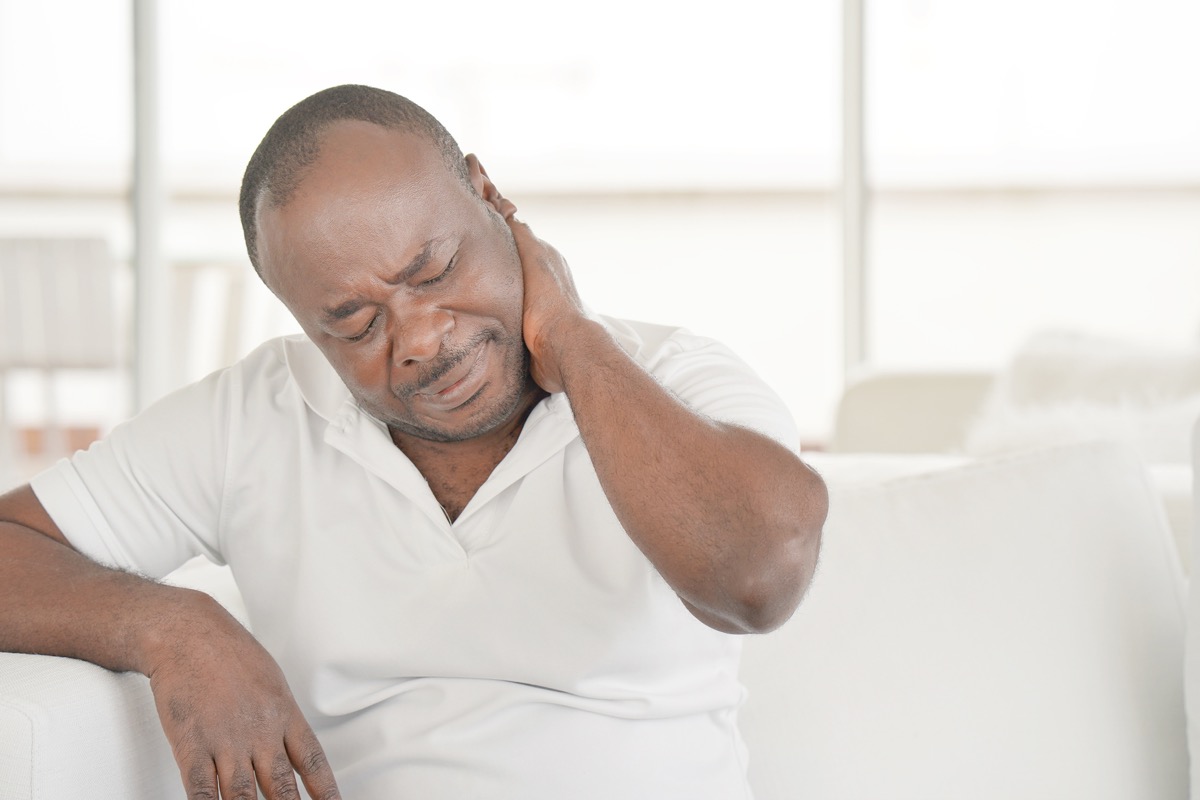Daniel Griffin, MD, an infectious diseases clinician and researcher at Columbia University, told The Verge that while the vaccine doesn’t help all long haulers, it does seem to relieve symptoms for a good amount of them. “It’s not 100 percent, but it does seem like to be around a third,” he said. “For some of them it was short lived. But for a chunk, it actually persisted—they went ahead, got their second shot out, and are saying, wow, they really feel like there’s light at the end of the tunnel. … I think it’s encouraging for people with long COVID to get signed up as soon as they can.” Griffin’s estimation seems to be backed by early research, The Verge points out. Director Gez Medinger, who covers long COVID on his YouTube channel, surveyed nearly 500 long-haulers in various Facebook support groups, and he found that around a third felt slightly or wholly better by two weeks after being vaccinated. And many people who took a similar poll in the Facebook group for Survivor Corps said their symptoms improved slightly or went away almost entirely post-vaccine. According to Brian Lamb, MD, an internal medicine doctor with Allegheny Health Network, patients under his care who have been suffering from some of the most common long COVID symptoms have found that the first dose of vaccine helps to relieve them. “We are seeing the people who have the low level, almost still infected, the ones who don’t feel right … those are the ones we are seeing getting better with the shot,” Lamb told local Pittsburgh NBC affiliate WPX-11. The doctor said that the dose likely kicks the body’s defense system into gear and helps it finally finish the job. “You’re having all this immune response that is ramping itself up, and it’s helping to protect you from anything that may still be there, and any re-exposure… it’s like a can of spinach from Popeye,” he explained.ae0fcc31ae342fd3a1346ebb1f342fcb Unfortunately, Lamb added that those suffering from some of the more serious long-term effects of COVID, such as inflammation or pulmonary issues, have not seen the same improvement after receiving the jab. Still, he strongly encourages anyone who is eligible and able to get vaccinated as soon as possible, whether they’ve previously had the virus or not. The news comes after health officials recently announced a new initiative to understand long COVID better and hopefully treat it. Read on to see which symptoms they said are common for those suffering from the ailment, and for more on particularly persistent long-term effects, check out Dr. Fauci Says These Are the COVID Symptoms That Don’t Go Away. During a press briefing held by the White House’s COVID-19 response team in late February, White House chief COVID adviser Anthony Fauci, MD, shared a new study conducted by the University of Washington which found that “persistent symptoms were reported by one-third of outpatients with mild disease.” Of those, “fatigue was the most common reported symptom,” Fauci said, noting that 13.6 percent of the patients in the study said they experienced it. And if you’ve got a vaccine appointment, know that The CDC Says Don’t Do This Within 2 Weeks of Your COVID Vaccine. Anosmia and ageusia—or the loss of smell or taste, respectively—has become an infamous symptom among COVID patients. But even those who clear their initial infections can continue to suffer from the condition for months. In the case of the University of Washington study, 13.6 percent of participants reported the symptom. And for more COVID news delivered right to your inbox, sign up for our daily newsletter. Another of the most commonly reported symptoms among the study’s participants was body and muscle aches. Data shows that an estimated 10 percent of patients were still experiencing these pains months after their initial infection had cleared. And for more on where the virus is headed, check out When We Can Expect the Next COVID Surge, Experts Say. As a respiratory infection, COVID-19 can greatly affect the lungs when it is attacking the body. But even during recovery and for months after, patients can suffer from shortness of breath or difficulty breathing, with roughly 10 percent of respondents in the University of Washington study saying they had the symptom during their follow-up. And for more on how you may feel after your shots, check out Doctors Are Warning You to “Be Prepared” for This After Your Second Dose.



